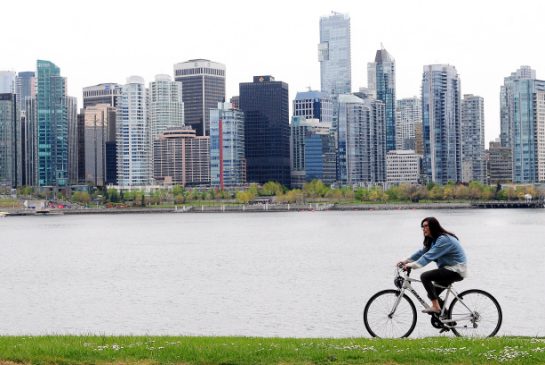Lately, there has been a lot of debate about AirBnB. Is AirBnB legal? Should it be allowed? Does it effect real estate prices? Does it effect rental rates? Is it a good investment strategy for landlords? All are good questions. In this article I will attempt to answer some of them. Keep in mind I don’t have any preferences for or against AirBnB. I am simply trying to give you some facts and explanations as to why Vancouverites might be against AirBnB.
Is AirBnB legal in Vancouver?
No, according to the bylaws imposed by the City of Vancouver – AirBnB is not allowed. However, this city bylaw is virtually impossible to impose and there hasn’t been any cases (as far as I know) of the City penalizing anyone…yet
Does AirBnB cause rental rates to go up?
Yes, it does! Let’s say you have 1,000 unfurnished long term rental units. Suppose 20% of the landlords decide to rent out their units on short term rentals with AirBnB instead of keeping them as unfurnished long term rentals. All of the sudden the demand for the remaining 800 units increases and the rent rate goes up.
Does AirBnB effect real estate prices?
There is no definitive answer to this question. AirBnB might effect real estate prices slightly. As the rental rates increase more investors are interested in buying real estate thus driving up the real estate prices.
Why are Stratas in Vancouver against AirBnB?
There are a few reasons why more and more Stratas are creating bylaws specifically against AirBnB and even going as far as monitoring the website for units within the building. Landlords caught advertising their units for rent on the website face penalties.
- Security. Many Stratas would argue that giving strangers access to the building is dangerous and makes some residents feel unsafe.
- Insurance. If you rent out your unit on AirBnB some insurance companies will not cover you. If your short term tenant off of AirBnB floods 3 floors below, you might be responsible to pay for the damages out of your own pocket. Some damages could cost hundreds of thousands of dollars. Stratas don’t like to take any chances.
- Noise. A lot of people that use AirBnB are in town on vacations and like to throw parties.
- Reduce quality of the building. Tenants in general don’t have a great reputation for taking care of the common properties such as hallways, party rooms, gyms and swimming pools. Stratas fear that short term tenants might be even more careless with the common property.
- Building bylaws. Every building has a set of rules and bylaws that everyone follows. Long term residents of the building know these rules and follow them (for the most part). Having new tenants in the building a few times a week makes it very hard to enforce any of these rules.
AirBnB is a new concept and like most new concepts causes a lot of controversy. It will be interesting to see what happens with AirBnB in Vancouver over the next few years and what effect it will have on local real estate as well as hotel industry. What are your thoughts on AirBnB in Vancouver?

